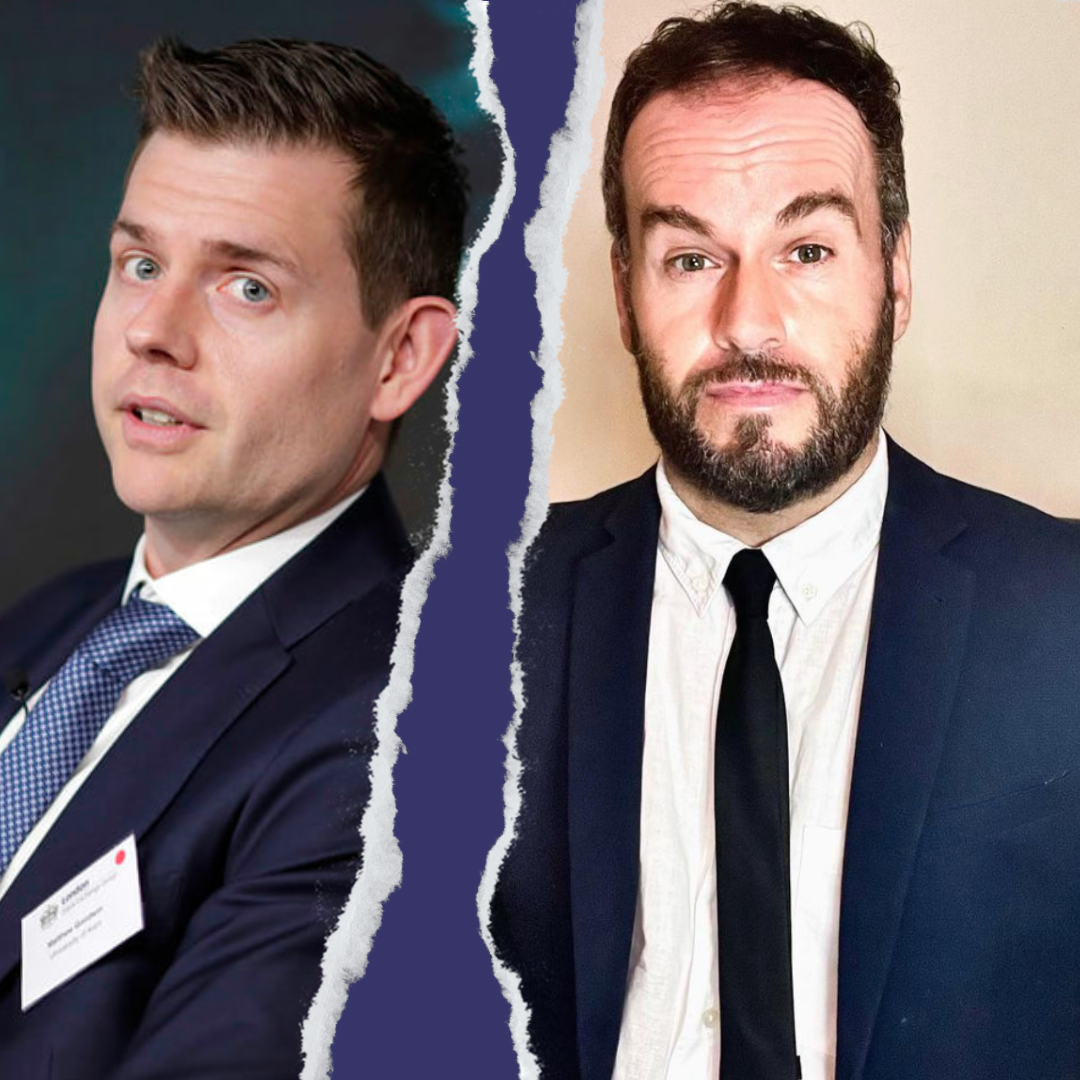The disturbing rebirth of Holocaust denial
An alarming number of young people now think the Nazis’ slaughter of six million Jews is a myth.

The results of a new poll, carried out by The Economist and YouGov, are deeply disturbing. They suggest that more than a fifth of young Americans, aged between 19 and 29, agree with the statement that ‘the Holocaust is a myth’. A further 30 per cent neither agree nor disagree with this statement. That means that just 47 per cent of American young people believe the Holocaust actually happened.
The poll is based on a small sample, and thankfully it also shows that ‘only’ seven per cent of Americans overall think that the Holocaust is a myth. But these worrying findings shouldn’t be dismissed. After all, there is also clear evidence of a surge of anti-Semitism in American universities, with Jewish people being harrassed and insulted. Holocaust denial is clearly rife among the young.
Sadly, I am not surprised. Back in January 2006, I wrote an article for the Telegraph warning that the memory of the Holocaust was in danger of being eroded. It had been hijacked, I argued, by activists and moral entrepreneurs who were using it to promote a variety of entirely separate causes. This abuse of the Holocaust threatened to deprive it of its important historical and moral meaning.
Worse still, by institutionalising the terrible experience of the Nazi era through countless Holocaust days, memorials, museums and films, our political and cultural elites were turning it into a focus for competitive claims-making. It meant that anyone wanting to draw attention to a problem or promote a cause would try to invoke the Holocaust or the Nazis in some form.
This use and abuse of the memory of the Holocaust is a relatively new phenomenon. Up until the 1950s and 1960s, the Holocaust was often ignored in Western societies. It was only during the 1970s that it started to be used by political and cultural elites who were keen to provide their increasingly disoriented societies with a form of moral clarity. Recalling the horror of the Holocaust provided a way for politicians to say what society is for by saying what it is against – namely, the mass slaughter of innocents. In doing so, Western elites started to rip the Holocaust out of its tragic historical context and turn it into a generic metaphor for evil.
Today, this process is largely complete. The Holocaust has become one of the most overused metaphors for evil in contemporary times. Animal-rights activists in Canada refer to a Holocaust of seals. Anti-abortion campaigners in the US have denounced a Holocaust of fetuses. There is talk in Australia of a Holocaust against Aboriginal people. The label ‘Holocaust’ has been appropriated to denounce just about any bad thing, from the erosion of biodiversity to a loss of jobs.
This development has come at a huge cost. The expansion of the Holocaust as a metaphor has diminished the significance of the Holocaust as an actual event. Worse still, this has encouraged cynicism and scepticism about what actually happened during the Nazi era. As far back as 2004, 35 per cent of those surveyed in nine Western European countries stated that Jews should stop playing the role of Holocaust victims. It was only a matter of time before the obsessive institutionalisation of the Holocaust would create a situation in which scepticism towards Jewish victimhood would turn into outright disbelief.
Holocaust scepticism and denial have grown significantly since the 2000s. And they have done so as attempts to memorialise the Holocaust have also grown. By 2017, Nicholas Terry, a history lecturer at Exeter University, was warning that there were thousands of casual Holocaust deniers online. At about the same time, the top hit on Google in response to the question ‘Did the Holocaust happen?’ was a link that claimed that the murder of six million Jews was a hoax. This level of scepticism and denial would have been inconceivable in the recent past.
The Holocaust has become thoroughly decontextualised today. So much so that, after the 7 October pogrom, ‘pro-Palestine’ protesters began playing the Holocaust card to call into question Israel’s right to defend itself. Marches regularly feature placards showing the Star of David inside a swastika or comparing Israel’s siege of Gaza to Nazi concentration camps. The ease with which Hamas and its Western supporters have turned the memory of the Holocaust against its historical victims – the Jewish people – is a tragic consequence of the endless weaponisation of the Holocaust.
We need to start remembering the Holocaust for what it was – a unique act of genocidal barbarism, in both its scale and its evil intent. We cannot allow its significance to become diminished.
Frank Furedi is the executive director of the think-tank, MCC-Brussels.

Matthew Goodwin and Brendan O’Neill – live and in conversation
Wednesday 20 December – 6.15pm to 7.15pm GMT
This is a free event, exclusively for spiked supporters.
Picture by: Getty.
To enquire about republishing spiked’s content, a right to reply or to request a correction, please contact the managing editor, Viv Regan.










Comments
Want to join the conversation?
Only spiked supporters and patrons, who donate regularly to us, can comment on our articles.